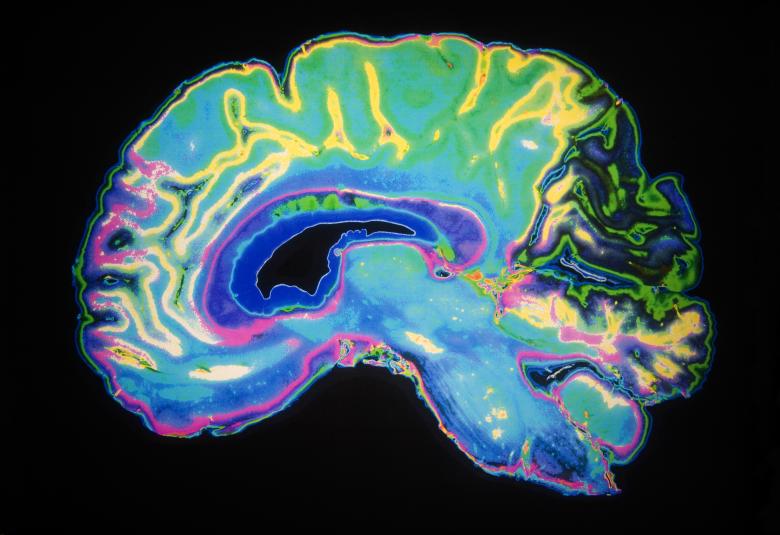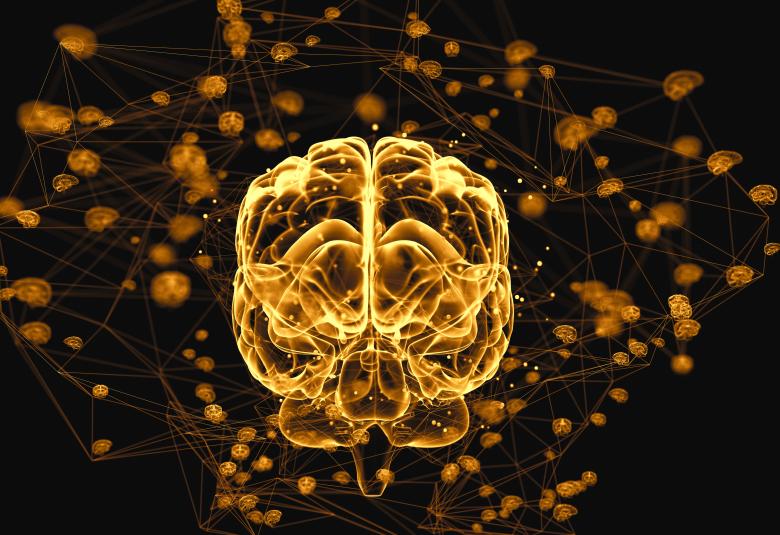Stigma continues to pose a major challenge to effective management of schizophrenia.
In an international survey of psychiatrists conducted in December 2014 by PsychiatrySpeaks*, and supported by Otsuka and Lundbeck, 54% of respondents considered that current societal prejudices and negative attitudes to mental health, and to schizophrenia in particular, represent the most significant barrier to patient recovery - a viewpoint frequently echoed in the medical literature .1,2
Facing stigma from the outset
Recent data highlight that people with schizophrenia face lifelong stigma - present right from the time of their first psychotic episode. In common with other mental health disorders, people with schizophrenia report negative discrimination in many areas of life and are more likely to be stigmatized and discriminated against by police than people with other mental illness such as depression .3 These are issues facing patients across the globe.4 It is reported that the prejudices of carers may have as much influence on how well and effectively young, newly-diagnosed people with schizophrenia access available services and care, as the underlying psychopathology of their condition – an observation that highlights how important it is to overcome grassroots stigmatization of schizophrenia .5
Subtle discrimination affects access to necessary healthcare
Sadly, many mental healthcare professionals and other healthcare givers may also harbour attitudes that contribute to the stigmatization of schizophrenia, or which affect optimal healthcare-support to people living with schizophrenia. While mental health professionals typically convey positive attitudes and aim to support patients in terms of their civil rights, this may not help diminish or tackle broader social stigmas .6
After disclosing a diagnosis of schizophrenia, some patients perceive there to be a change in attitude from healthcare professionals.
Of concern, there is evidence to suggest that many people with schizophrenia do not successfully access the healthcare services they need to positively affect disease morbidity and mortality .7 Once again, stigma around schizophrenia appears to play a part. After disclosing a diagnosis of schizophrenia, some patients perceive there to be a change in attitude from healthcare professionals. In one survey of people with schizophrenia, nearly a quarter said they received worse treatment from their doctors after disclosing their schizophrenia diagnosis and women were two and a half times more likely than men to perceive worse treatment from their physicians after revealing their diagnosis. Furthermore, large numbers of patients felt that their doctors, knowing they had schizophrenia, took their medical concerns less seriously. Authors of that survey considered that this fed into biased treatment decisions and contributed to under-treatment of concomitant medical issues, many of which may contribute to the high rate (60%) of premature deaths in people with schizophrenia .7 This stigmatization and discrimination is particularly unpalatable given the increased health risks faced by people with schizophrenia .8
Does stigma restrict patient autonomy and affect recovery?
The PsychiatrySpeaks survey also highlighted that negative attitudes to psychiatric illness pervade healthcare, to the detriment of patients. As many as 43% of psychiatrists believe healthcare professionals have a low opinion of schizophrenia, borne out of general stigma and fears about mental illness .1 Stigmatization appears to exert its influence early – even before diagnosis – often on the basis of patient behaviours .9
Stigma can mean protracted diagnosis of schizophrenia .10 Families and carers may be compassionate but inadvertently complicit in contributing to such delays – believing symptoms to be within the control of the person affected, or denying or excusing the presence of symptoms. They need to be alleviated of this burden and of their fears of schizophrenia, not least because after a first psychotic episode, delays in diagnosis and treatment of schizophrenia are associated with longer time to symptom remission, poorer recovery and a greater likelihood of relapse .10 Healthcare professionals also have to shake off stigma when it comes to schizophrenia. While most physicians will readily disclose a diagnosis of anxiety or depression, cultural constructs have meant that healthcare professionals are less happy and more fearful about giving and disclosing a diagnosis of schizophrenia .11 Such hesitancy is unhelpful. It is important to ensure that patients and their carers become active partners in care right from the outset .12
There is growing appreciation that stigma poses one of the biggest threats and hurdles to people with schizophrenia both seeking and receiving effective treatment early in the disease course.13-15
Stigma impacts on treatment adherence and successful management of schizophrenia
Stigma, including self-stigmatization, can have a profound effect on the success of schizophrenia management. As many as one-third of people with schizophrenia fail to adhere to their therapy and therefore jeopardize their chances of an improved outcome .16 Many reports in the literature link stigma with negative attitudes to medication and treatment, attitudes that can lead to advancement of disease, poorer prognosis and higher costs and burden associated with schizophrenia and its management. In this patient population, already vulnerable to the negative effects of self‑stigmatization, there is a need and an opportunity to provide care and treatment in destigmatized environments .17-19
*For more facts, figures and for further insights into the beliefs and behaviours of psychiatrists caring for people with schizophrenia, visit PsychiatrySpeaks where there is also a comprehensive summary of the key findings of the survey mentioned in this article.
Our correspondent’s highlights from the symposium are meant as a fair representation of the scientific content presented. The views and opinions expressed on this page do not necessarily reflect those of Otsuka and Lundbeck.




